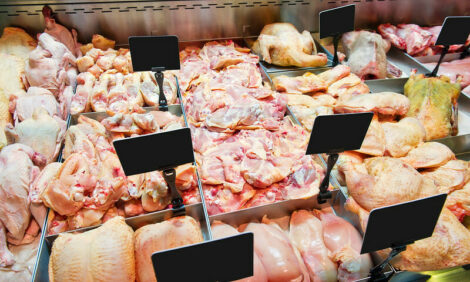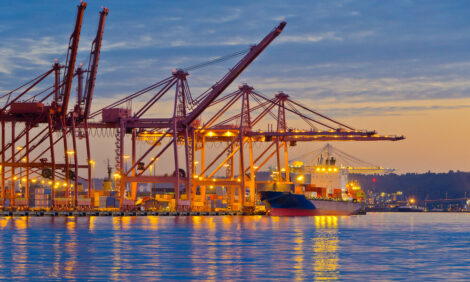



Australia pushes China to lift trade sanctions
China taking measures to ban imports of meat, dairy and other commoditiesChinese coking coal futures dropped more than 3% on Tuesday, extending losses as supply of the steelmaking input might increase if and when Beijing lifts trade sanctions against Australia, Reuters reported.
Australian Foreign Minister Penny Wong was set to push China to lift trade sanctions during a trip to Beijing aimed at mending strained diplomatic ties.
Relations between Beijing and Canberra soured after Australia introduced laws to deal with what it said was Chinese interference in Australian politics, and called for an independent investigation into the origins of COVID-19.
Top steel producer China has taken measures to restrict or ban shipments of Australian barley, wine, meat, dairy, live seafood, logs, timber, coal and cotton.
The most-traded May coking coal on China's Dalian Commodity Exchange ended morning trade 3.3% lower at 1,845.50 yuan ($264.33) a tonne. It earlier hit 1,833 yuan, its weakest since Dec. 9.
Coke, the processed form of coking or metallurgical coal, shed 3.5% to 2,668.50 yuan a tonne, after hitting 2,652 yuan, its lowest since Dec. 1.
"There may be signs of recovery in relations between the two countries. If Australian coal is released, domestic coking coal will turn from a shortage to a surplus," Zhongzhou Futures analysts said in a note.
Concerns over weakening Chinese demand added pressure on prices of the raw materials and steel benchmarks.
Rebar on the Shanghai Futures Exchange slipped 0.5%, hot-rolled coil dipped 0.6%, wire rod shed 1.2%, and stainless steel slumped 2.9%.
However, iron ore - which has not been covered by Beijing's restrictions on Australian commodities - rebounded after sell-offs on Monday amid surging COVID-19 infections in China.
Dalian iron ore's most-active May contract was up 0.3% at 805.50 yuan a tonne, while the steelmaking ingredient's benchmark January contract on the Singapore Exchange rose 1.8% to $109.45 a tonne.



